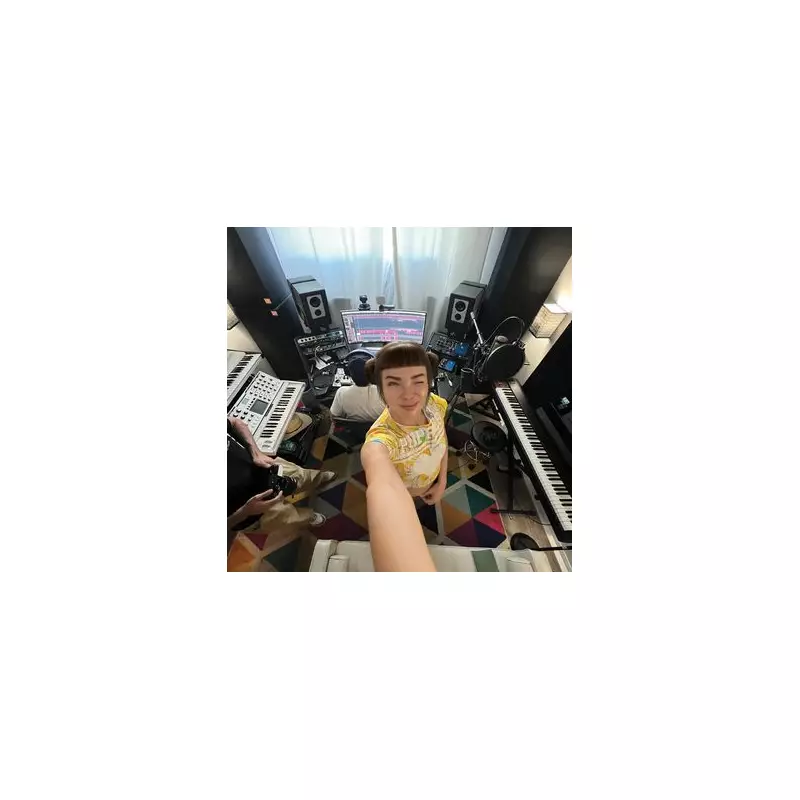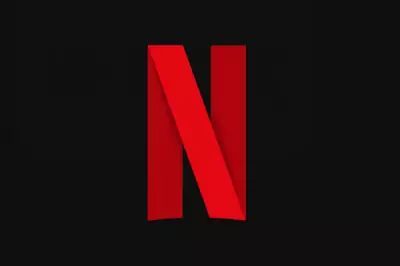
Move over human influencers - there's a new breed of digital personalities taking social media by storm, and they're not even real. Computer-generated AI influencers are rapidly becoming social media's newest celebrities, attracting millions of followers and securing lucrative brand partnerships that were once reserved for their human counterparts.
The Rise of the Digital Star
These virtual creators, entirely generated through artificial intelligence, are blurring the lines between reality and simulation. Unlike traditional influencers, they never age, don't require breaks, and can maintain perfect consistency in their brand messaging. Major platforms like Instagram and TikTok are seeing unprecedented growth in these digital personalities, with some amassing follower counts that rival established human influencers.
Big Money in Virtual Influence
The financial potential of AI influencers is staggering. Industry reports indicate that top virtual influencers can command between £5,000 and £10,000 per social media post, with some elite digital creators earning significantly more for comprehensive brand campaigns. Luxury fashion houses, beauty brands, and tech companies are increasingly turning to these computer-generated personalities to promote their products.
Why Brands Are Embracing Digital Faces
Marketing experts point to several advantages that make AI influencers particularly appealing to brands:
- Complete control over brand messaging and image
- No risk of controversial personal behaviour damaging campaigns
- 24/7 availability across multiple time zones
- Perfectly curated aesthetics that align with brand values
- Ability to rapidly adapt to changing market trends
The Human Response
While some social media users enthusiastically follow these digital creators, others express concern about the implications. "It feels deceptive when you can't tell if you're engaging with a real person or an algorithm," commented one social media user. The phenomenon raises important questions about authenticity and the nature of online relationships.
Regulatory Grey Areas
Current advertising standards weren't designed with AI influencers in mind, creating potential issues around disclosure and transparency. Unlike human influencers who must clearly mark paid partnerships, the rules for computer-generated personalities remain ambiguous, leaving regulators scrambling to catch up with the rapidly evolving technology.
The Future of Social Media
As AI technology continues to advance, these virtual influencers are becoming increasingly sophisticated and difficult to distinguish from real people. Some industry analysts predict that within the next few years, AI influencers could comprise a significant portion of social media's top content creators, fundamentally changing how brands approach digital marketing and how users engage with online content.
The emergence of these digital personalities represents a watershed moment for social media, challenging traditional notions of influence, authenticity, and human connection in the digital age.





